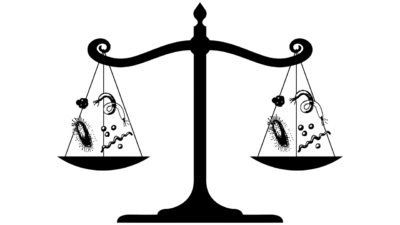Mental Health in Times of COVID-19 Symposium
VirtualThe UMaine Institute of Medicine, the Center on Aging and the Center for Community Inclusion and Disability Studies invite you to join them for a virtual Mental Health in the Times of COVID 19 Symposium on Monday, April 5, 2021, from 9:00 a.m. - 3:30 pm. The program includes speakers and descriptions of presentations and panel […]


